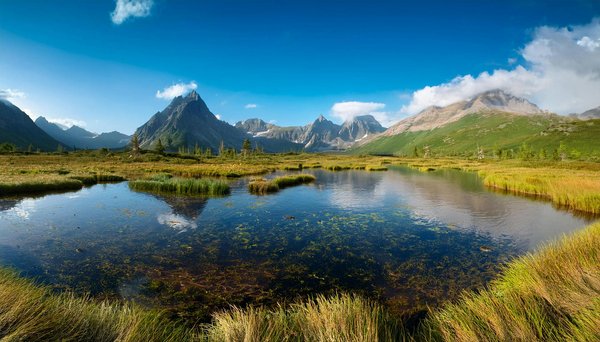
Discover the Ultimate Seattle Travel Experience
Your trusted resource for exploring Seattle and the Pacific Northwest. From hidden camping spots to coastal cruises, we bring you insider guides, honest reviews, and travel inspiration to make every adventure unforgettable.
Explore Our Travel Categories
Everything you need to plan your perfect Pacific Northwest getaway
Camping
Camping, outdoors and nature
Cruise
Cruises and sea voyages
Good deal
Travel deals and promotions
News
Tourism and travel news
Rental
Holiday rentals and accommodation
Tourism
Destinations and tourist discoveries
Travel
Trips, itineraries and adventures
Vacation
Holidays, stays and relaxation
Una Seattle helped me plan an incredible weekend camping trip to the San Juan Islands. The detailed guides and insider tips made all the difference. I discovered spots I never would have found on my own!
Latest articles
Our recent publications
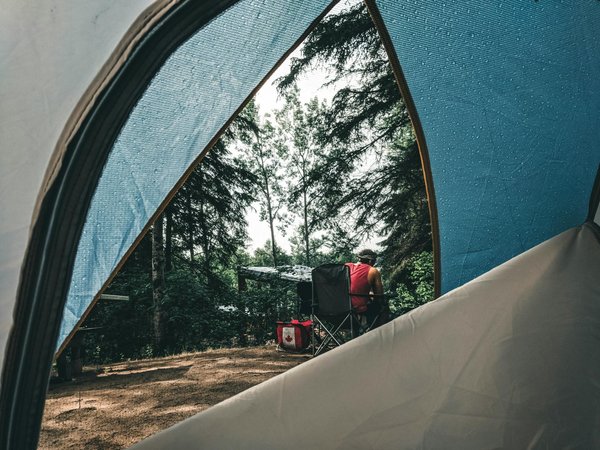
How do you find and book campsites that offer yoga and wellness retreats in the UK?
In today's fast-paced world, finding moments of peace and relaxation has become more critical than e...
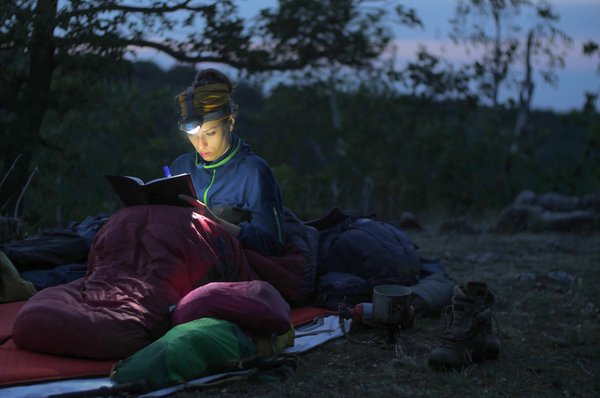
How to choose a campsite that supports local conservation efforts in Wales?
Choosing a campsite is not merely about finding the perfect spot to pitch your tent or park your car...
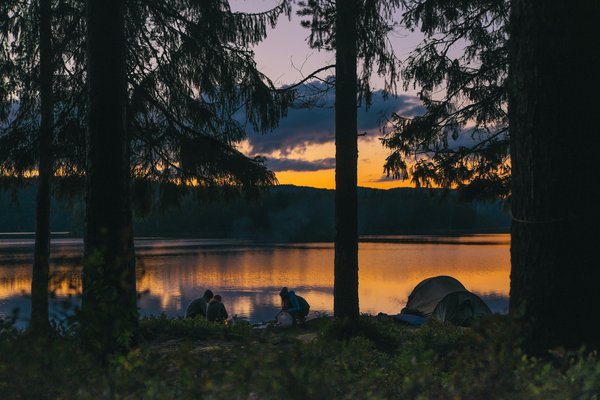
How to ensure safe drinking water while camping in remote areas of Dartmoor?
...

How to plan a cycling and camping tour across the Cotswolds?
Embarking on a cycling and camping tour across the Cotswolds is a great way to experience the quinte...

What are the best practices for campfire cooking in the UK's national parks?
Campfire cooking is a quintessential part of the camping experience, especially in the UK's scenic n...
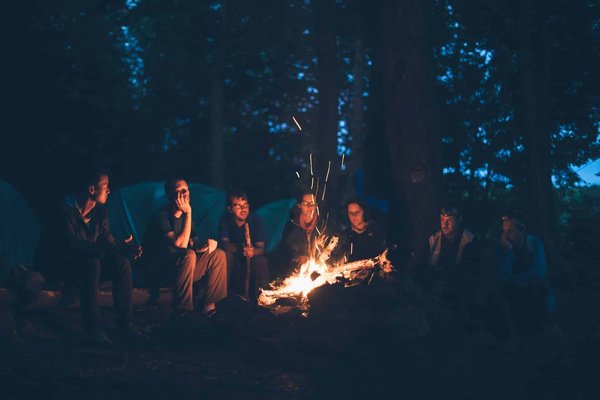
What are the steps to take if you get lost while camping in the Lake District?
...

How to find a cruise that includes guided foraging excursions along the UK coastline?
Navigating the vast expanse of the UK coastline, with its rugged cliffs, serene beaches, and picture...

What are the best UK cruises for folk music enthusiasts with live onboard performances?
Emerging as a popular travel and entertainment trend, cruise lines are now offering a wide range of ...

Which UK cruise lines offer the best onboard libraries for literary enthusiasts?
Are you passionate about reading and plan to embark on a sea voyage? Or perhaps you're a regular cru...

Are there any budget-friendly guided historical walks in Nottingham?
As you plan your upcoming trip to Nottingham, you might be wondering how you can experience the city...

How can one find affordable antique shopping areas in Bath?
...
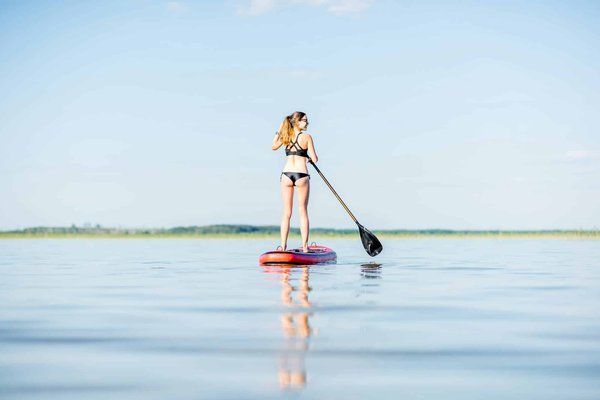
Which coastal towns near Brighton offer low-cost paddle boarding options?
Paddleboarding has emerged as a popular pastime in recent years, and for a good reason. It combines ...

How can tourists find immersive 17th-century farming experiences in rural Scotland?
Scotland, a land rich in history and culture, is renowned for its stunning landscapes, ancient castl...

Where can tourists attend in-depth lectures about UK coastal erosion and conservation?
As a tourist, you might be interested in more than simply sightseeing. You may want to learn about t...
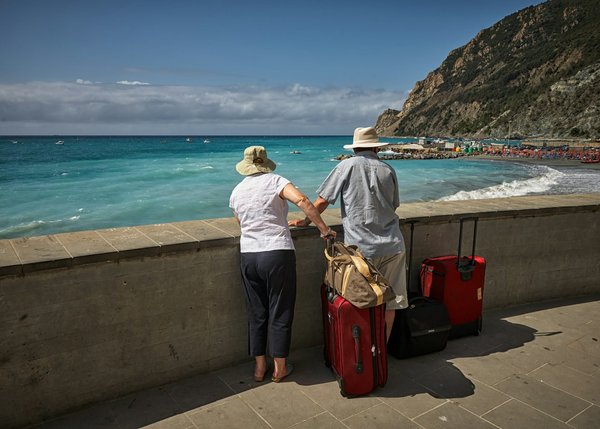
Where can tourists take part in hands-on medieval blacksmithing workshops in England?
...

How to find a holiday rental in the Cotswolds with a private gardening area?
Are you dreaming of a luxury vacation in the charming Cotswolds district? A place where you can retr...
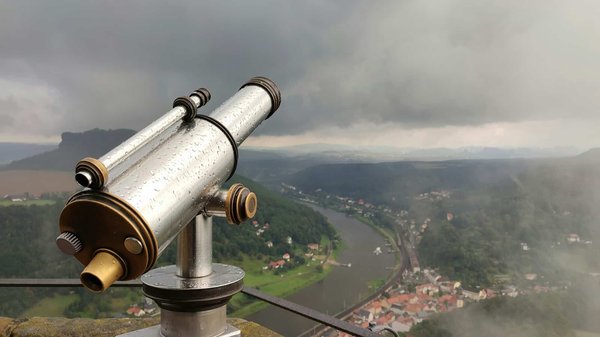
How to verify if a holiday rental in Northumberland is near dark sky observatories?
Stargazing is an activity that can transport you to another world, allowing you to appreciate the va...

What amenities should a holiday rental in Bath offer for a luxury spa experience?
When it comes to booking a vacation rental, especially in a city renowned for its therapeutic waters...

What are the recommended spots for a quiet reading retreat in the British countryside?
In an increasingly digitalised world, the quaint joy of nestling in a cosy corner with a good book i...

What specific flora can you expect to see in the Welsh national parks during spring?
When the weight of winter lifts, and the frosty veil begins to thaw, the national parks of Wales bur...
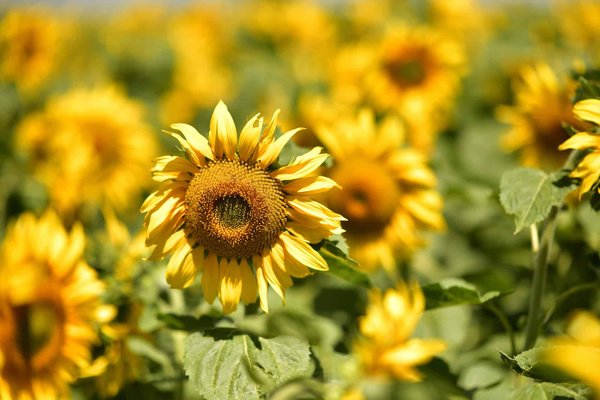
Which are the best lesser-known islands in Scotland for a wildlife getaway?
Scotland, with its stunning landscapes and diverse wildlife, is a haven for nature enthusiasts. The ...

How can you find a quiet beach spot on the Isle of Wight during the summer holidays?
Summer holidays bring with them a sense of freedom and an urge to head to the beach. The Isle of Wig...
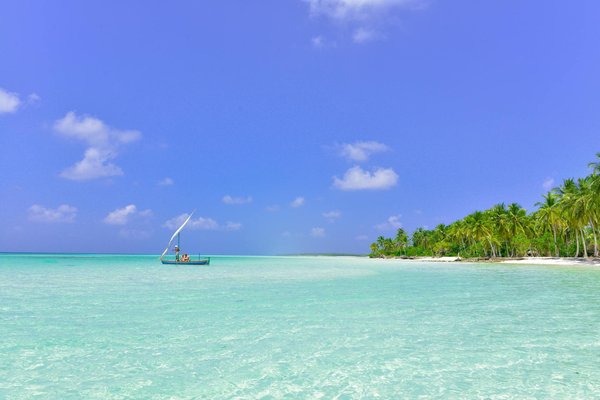
How to find the best local delicacies in the Lake District?
Nestled in the heart of Cumbria, the Lake District is not just a paradise for outdoor enthusiasts bu...

What are the best vegan-friendly bakeries in Brighton?
As the popularity of plant-based diets continues to soar, Brighton has emerged as a leading city for...
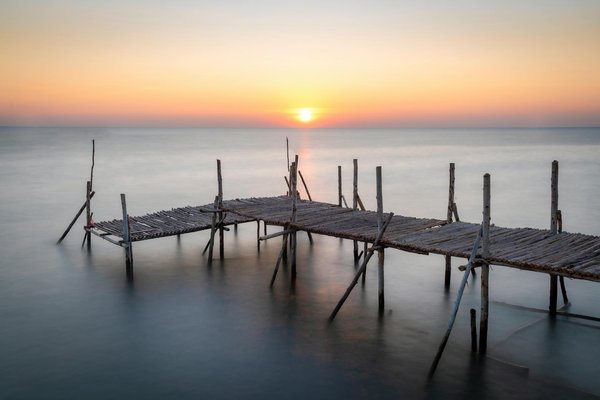
What are the key considerations for planning a cycling tour of the Scottish Highlands?
A cycling tour of the Scottish Highlands is an adventure like no other. Whether you're a seasoned cy...

What are the top family-friendly activities at the Eden Project in Cornwall?
If you're planning a family outing that combines nature, education, and fun, the Eden Project in Cor...

Which Scottish islands are best for a wildlife safari?
Exploring Scotland's islands offers a unique opportunity to see its diverse and thriving wildlife. F...
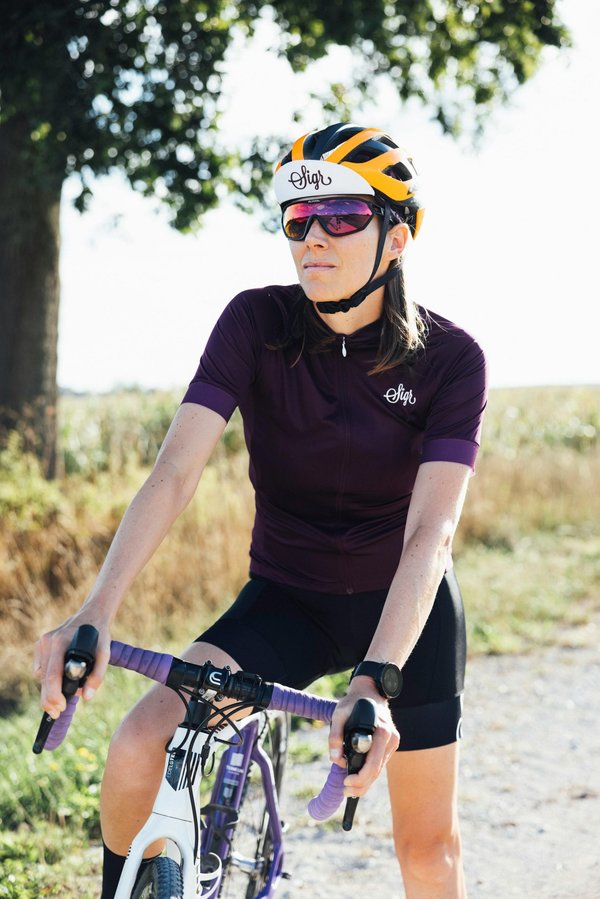
Explore france: unforgettable bike travel adventures await
France offers cyclists an extraordinary blend of cultural heritage, stunning landscapes, and world-r...

How can one arrange a guided tour of the ancient ruins in Anglesey?
Have you ever dreamt of exploring the mysteries of the past, walking through the remnants of ancient...

Where can tourists engage in traditional Cornish wrestling workshops?
Discover a rich heritage of sport and tradition in the heart of Cornwall, as we delve into the Celti...
